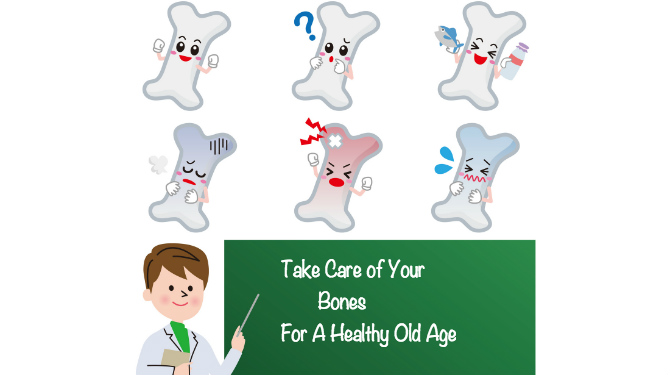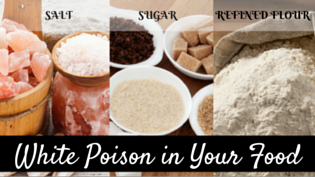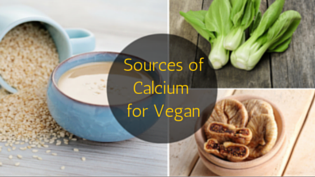
How to Keep Your Bones Strong as You Age

Bone and muscle health is vital component of the overall health profile. Weak bones & muscles initiates’ earlier wear & tear sets off all sorts of joint pains. Regardless what your age, strong bones are extremely essential to enjoy health and vigor. Most of us tend to think that our bones are undergoing no change & static, in fact its reversal is true. Strong, healthy bones hinge upon the person's bone mineral density (BMD). With advancing age, our skeletal system becomes brittle, due to loss of bone density, which can lead to fractures and a compressed spinal column, thereby affecting loco motor system—consisting of bones and joints, the frame of our body. Conditions that result in a decrease in bone mass can either be caused by an increase in resorption, or a decrease in ossification. Osteoporosis is a progressive bone disease that results in a decrease in bone & density. It's among globally growing health problem now a days leading to fractures in both men & women, most often the hip, spine and wrist.
Widely osteoporosis is known as a pediatric disease with geriatric consequences. When the natural phenomenon of bone degeneration is combined with a low calcium diet, less exposure to sunlight and physical inactivity, the chances of escaping osteoporosis become greatly low. Healthier bones & muscles furnish a great deal to a healthy body. Although the process of developing healthy bones begins at birth, it is essential to maintain a proper diet schedule for bone health at all ages.
Risk factors:-
- Stressful sedentary lifestyle
- Poor eating habits: salt, soda, caffeine
- Physical inactivity
- Little exposure to sun
- Hormonal imbalance (estrogen deficiency)
- Genetics
- Excess weight
- Cigarette smoking (more than 1 packet a day)
- Alcohol consumption (more than 2 units a day)
- Advancing age (50 years or older)
Diet plays an important role in ensuring bone and joint health. There are many nutrients necessary for optimal bone health during the whole period of life cycle. Poor nutrition during early stages gives rise to osteoporosis later on. Regular consumption of high-fat & high-sugar mostly acid-forming foods such as refined foods, process foods, diet soda and drinks affects the bone health adversely. As it lowers the bone density minerals and increases the risk of bone fractures.
Key nutrients:-
Nutrition is closely linked to bone, muscle and joint health. When it comes to building strong bones, there are two key nutrients: calcium & vitamin D. While calcium helps strengthen bones and teeth structure, vitamin D improves calcium absorption and bone growth. When vitamin D is lacking, the body cannot absorb adequate amounts of calcium to prevent osteoporosis. Magnesium is another most important mineral playing vital role in reorientation of osteoporosis and improvement of bone density. A healthy diet can help you prevent and manage osteoporosis and related musculo-skeletal disorders by assisting in the production and maintenance of bone density throughout life.
Stand by these Bone-friendly Lifestyle changes:-
- Eat foodstuffs rich in:-
- Calcium & phosphorus
- Vitamin D
- Vitamin C
- Magnesium & selenium
- Protein
- Low fat dairy products (milk, curd)
- Green leafy vegetables
- Ragi, Roasted channa, Soya, Lotus stem, Coconut & Gingelly seeds.
- Eggs, Liver, Fish & fish oils:- Herring, White bait, Tuna, Shrimp, etc.
- Cut down on salt, sugar & soda.
- Make more fun in SUN to upload sunshine Vitamin D.
- Do more low-impact weight-bearing exercises or spine strengthening exercises:-
- Aerobics
- Climbing stairs
- Dancing
- Running
- Skipping
- Tennis
- Walking etc.

















